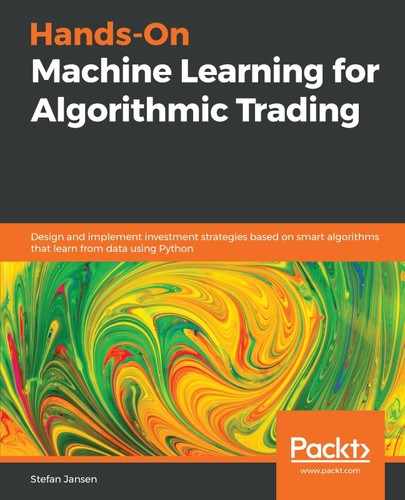There are both rational and behavioral explanations for the existence of the value effect. We will cite a few prominent examples from a wealth of research with further references listed in the GitHub repository.
In the rational, efficient markets view, the value premium compensates for higher real or perceived risks. Researchers have presented evidence that value firms have less flexibility to adapt to the unfavorable economic environments than leaner and more flexible growth companies, or that value stock risks relate to high financial leverage and more uncertain future earnings. Value and small-cap portfolios have also been shown to be more sensitive to macro shocks than growth and large-cap portfolios.
From a behavioral perspective, the value premium can be explained by loss aversion and mental accounting biases. Investors may be less concerned about losses on assets with a strong recent performance due to the cushions offered by prior gains. This loss aversion bias induces investors to perceive the stock as less risky than before and discount its future cash flows at a lower rate. Conversely, poor recent performance may lead investors to raise the asset's discount rate. The differential return expectations result in a value premium since growth stocks with a high price multiple relative to fundamentals have done well in the past but, going forward, investors will require a lower average return due to their biased perception of lower risks, while the inverse is true for value stocks.
